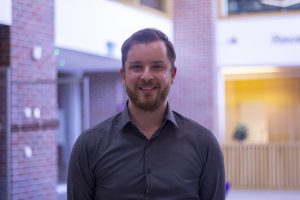Please engage with the following reading lists before embarking on the course:
ELF401: The Interdependent Learner
Indicative Essential Reading
Bedford, D. and Wilson, E. (2013) Study Skills for Foundation Degrees. 2nd edn.London: David Fulton Publishers Ltd.
Cottrell, S. (2019) The Study Skills Handbook. 5th edn. Basingstoke: Palgrave Macmillan.
Jefferson, M. (2017) Transforming schools: creativity, critical reflection, communication, collaboration. London: Bloomsbury Academic.
Hargreaves, A. (2018) Collaborative Professionalism: when teaching together means working for all. Thousand Oaks: Corwin.
Johnson, D. W. (2009) Joining together: group theory and group skills. Upper Saddle River N.J. Pearson.
Marshall L., and Rowland F. (2004) A Guide to Learning Independently, 3rd ed. Buckingham: Open University Press.
ELF402 Children and Young People in Society
Indicative Essential Reading
Alfrey, Claire (2004) Understanding children’s learning: a text for teaching assistants. London, David Fulton.
Doherty, J. and Hughes, M. (2014) Child development: theory and practice 0-11. 2nd edn. Essex: Pearson
Smith, P.K., Cowie H. and Blades, M., (2015) 6th edition Understanding children’s development. London: John Wiley & Sons
Tatton, A., Bright, C., and Thomas, L (2018) Supporting children and young people in schools: Abingdon: Routledge
Yeo, A. and Lovell, T. (2002) Sociology and social policy for the early years. London: Hodder and Stoughton.
ELF403: Theories of Education
Indicative Essential Reading
Bartlett, S. and Burton, D. (2016) Introduction to education studies. London: Sage.
Ball, S. (2017) The education debate. 3rd edn. Bristol: Policy Press. (2013, 2nd edn is an (eBook)
Biesta, G. (2014) The beautiful risk of education. Boulder: Paradigm Publishers. EBook
Gray, C. and MacBlain, S. (2015) Learning theories in childhood. London: SAGE.
Illeris, K. (2018) Contemporary theories of learning: learning theorists – in their own words. London: Routledge.


